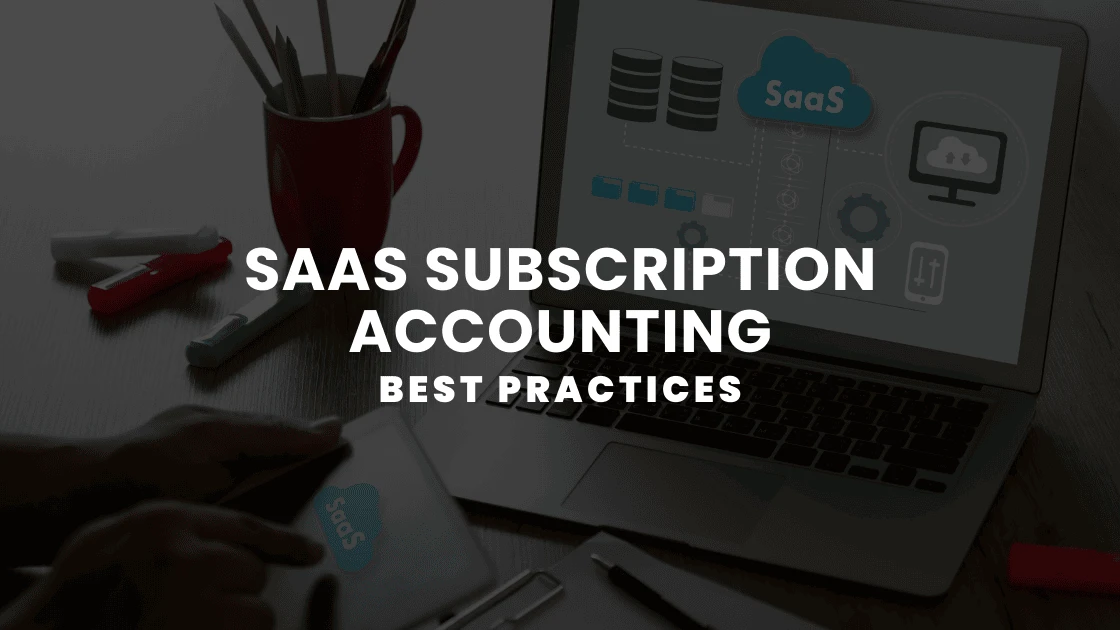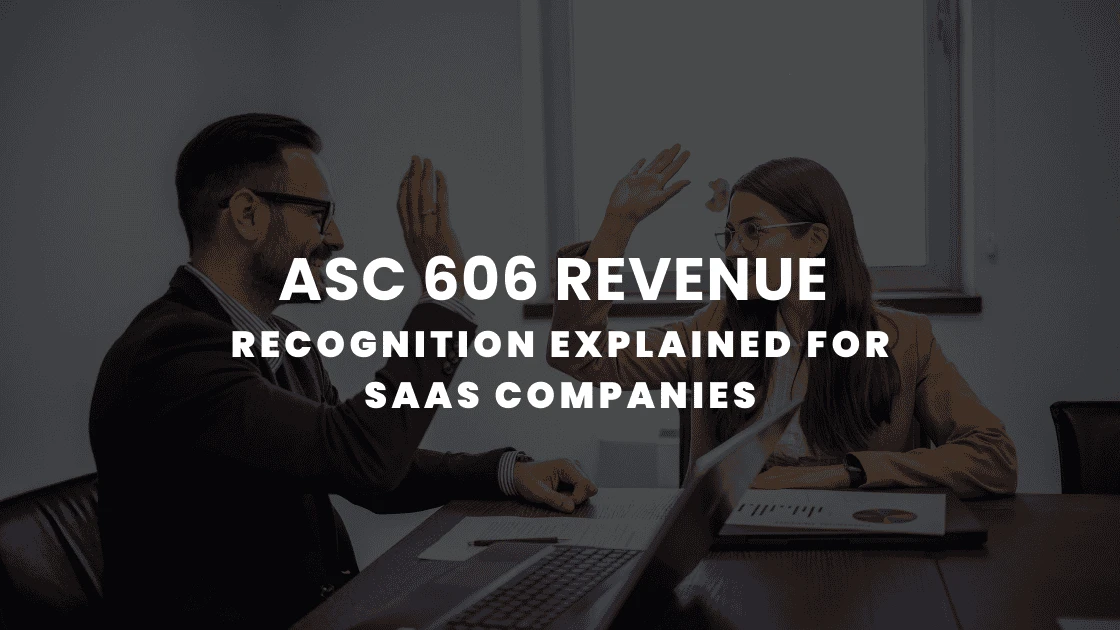May 31 2023 | By Farwah Jafri | 5 minutes Read

As a business owner, you always seek ways to save money and maximize profits. One way to do that is by taking advantage of bonus depreciation. It is a tax incentive that allows businesses to deduct a larger percentage of the cost of qualifying assets in the year they are purchased.
But bonus depreciation is a way to speed up the depreciation process. Under normal depreciation rules, businesses can deduct the cost of assets over several years based on the asset’s useful life. On the other hand, bonus depreciation allows businesses to deduct a larger percentage of the asset’s cost in the first year.
Bonus depreciation allows businesses to deduct a certain percentage of the cost of qualified assets in the year they are placed in service. Qualified assets include:
– New tangible property: Bonus depreciation can be taken on new tangible property with a recovery period of 20 years or less, such as equipment, furniture, and machinery.
– Qualified property improvement: This refers to improvements made to the interior of a nonresidential building after the building was first placed in service, including interior walls, flooring, and lighting.
– Certain plants bearing fruits and nuts: Bonus depreciation can be taken on plants with a yield of more than two years.
– Film, television, and live theatrical productions: Bonus depreciation can be taken on these productions if they meet certain requirements.
It’s important to note that there are certain requirements that these assets must meet to qualify for bonus depreciation. For example, the asset must be purchased and placed in service during the year the deduction is claimed. Additionally, the assets must be used for business purposes, not personal.
Bonus depreciation is a tax incentive that allows businesses to recover the cost of certain qualified properties more quickly than through regular depreciation. Here are the general steps to report bonus depreciation on your tax return:
– Determine if the property qualifies for bonus depreciation. Check the IRS guidelines to see if your purchased property is eligible for bonus depreciation.
– Calculate the amount of bonus depreciation to claim. Multiply the cost of the qualified property by the appropriate bonus depreciation rate. For example, if the bonus depreciation rate is 100%, you can deduct the entire cost of the property in the year you purchased it.
– Report the bonus depreciation on your tax return. You can report bonus depreciation on Form 4562, Depreciation and Amortization. This form claims depreciation deductions for all assets, including bonus depreciation.
– Attach Form 4562 to your tax return. Attach Form 4562 to the tax return for the year you claimed bonus depreciation. This form shows the details of your bonus depreciation calculation and must be submitted with your tax return.
Bonus Depreciation and Section 179 are tax incentives that allow businesses to recover the cost of certain assets faster than they would under normal depreciation schedules. However, there are some differences between the two.
Bonus Depreciation is a tax incentive allowing businesses to deduct a certain percentage of the cost of qualified property in the year it is in service.
Section 179 is another tax incentive allowing businesses to deduct the full purchase price of qualifying equipment and software purchased or financed during the tax year. However, there are limits to the amount that can be deducted each year. For the 2021 tax year, the maximum deduction under Section 179 is $1,050,000.
– One key difference between Bonus Depreciation and Section 179 is that Bonus Depreciation applies to both new and used property. In contrast, Section 179 only applies to new or used property purchased for use in the taxpayer’s trade or business. Additionally, Bonus Depreciation applies to a wider range of property types than Section 179.
– Another difference is that Bonus Depreciation can be used with other depreciation methods, such as MACRS. At the same time, Section 179 is a standalone deduction that cannot be combined with other depreciation methods.
Ultimately, which tax incentive is best for a business will depend on various factors, including the types of property being purchased, the size of the business, and the business’s overall tax situation. Businesses must consult a tax professional to determine which tax incentive is right for them.
In conclusion, bonus depreciation and Section 179 are two methods of depreciating assets for tax purposes, but they have different eligibility requirements, deduction limits, and reporting procedures. Bonus depreciation allows businesses to deduct up to 100% of the cost of eligible assets in the year they are placed in service. In contrast, Section 179 allows businesses to expense up to a certain dollar amount of the cost of qualifying assets. Both of these methods can provide significant tax savings for businesses. Still, it is important to consult with a tax professional to determine which method is best for your situation. Properly reporting bonus depreciation and Section 179 deductions on tax returns is crucial to avoid potential audits or penalties from the IRS. Understanding the nuances of bonus depreciation and Section 179 can help businesses maximize their tax savings and improve their bottom line.
Also Read: Accumulated Depreciation: Key Insights for Business Owners
Subscribe for business tips, tax updates, financial fundamentals and more.
MORE BLOGS

Running a SaaS business can look simple from the outside. Customers sign up, pay monthly or yearly, and keep using the product. Quite straightforward, right? Behind […]
Learn More →
Revenue is the heartbeat of any SaaS business. But how and when that revenue shows up on your books can change everything, from investor confidence to […]
Learn More →
If you’re a small business, we will absolutely get it if you say you’re having a hard time choosing a payment platform for your company. And […]
Learn More →